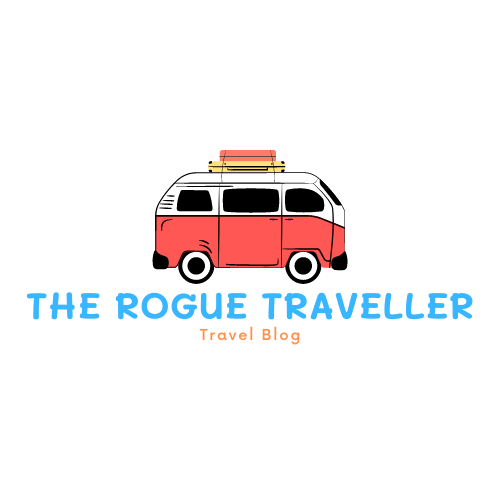The dawn of the digital age has transformed numerous sectors, and tourism is no exception. The rise of the internet and digital technologies has revolutionized the way we plan, book, and experience travel. With a plethora of online resources at our disposal, travelers are more empowered than ever to create personalized and enriching travel experiences. This article explores the various ways in which the digital age has reshaped tourism and how travelers can harness online resources to enhance their journeys.
The evolution of travel planning
In the past, travel planning involved consulting travel agents, poring over guidebooks, and relying on word-of-mouth recommendations. Today, the process is vastly different. The internet has democratized information, making it accessible to anyone with a smartphone or computer.
Online travel agencies and booking platforms
Online travel agencies (OTAs) like Expedia, Booking.com, and Airbnb have become indispensable tools for travelers. Online dewa1000 platforms offer a wide array of options for activities like online gaming, all in one place. Travelers can compare prices, read reviews, and book their entire trip within minutes. The convenience and efficiency of OTAs have made them a preferred choice for many.
User reviews and social proof
User-generated content has become a cornerstone of travel planning. Websites like TripAdvisor, Yelp, Google Reviews, and jackpot338 provide valuable insights from fellow travelers on hotels, restaurants, and attractions, and help travelers make informed decisions about entertainment digitally. The power of social proof cannot be underestimated, as real-life experiences often carry more weight than promotional content.
Travel blogs and vlogs
Travel bloggers and vloggers have carved out a significant niche in the tourism industry. Their firsthand accounts, detailed itineraries, and stunning visuals inspire and guide countless travelers. Platforms like YouTube, Instagram, and personal blogs allow these influencers to share their journeys, tips, and recommendations with a global audience. Aspiring travelers can draw inspiration and gather practical advice from these digital storytellers.
Navigating destinations with technology
Once at the destination, technology continues to play a crucial role in enhancing the travel experience. From navigation to translation, various digital tools ensure that travelers can explore new places with confidence and ease.
GPS and navigation apps
Gone are the days of unfolding cumbersome paper maps. GPS technology and navigation apps like Google Maps, Waze, and Maps.me have revolutionized the way we navigate unfamiliar terrain. These apps provide real-time directions, traffic updates, and even public transportation information, making it easier to explore cities and remote areas alike.
Language translation apps
Language barriers can be a significant challenge for travelers, but translation apps have bridged this gap effectively. Apps like Google Translate, iTranslate, and Microsoft Translator offer instant translations of text and speech, enabling travelers to communicate with locals, read signs, and understand menus. This technology fosters a more immersive and enjoyable travel experience.
Augmented reality and virtual tours
Augmented reality (AR) and virtual reality (VR) have introduced new dimensions to tourism. AR apps can enhance sightseeing by overlaying information and interactive elements onto real-world scenes. For example, using an AR app while visiting a historical site can provide additional context and details about the location. VR, on the other hand, offers virtual tours of destinations, allowing travelers to explore places from the comfort of their homes. This technology is particularly beneficial for planning trips and getting a preview of what to expect.
Personalizing the travel experience
The digital age has ushered in an era of personalization, where travelers can tailor their trips to suit their preferences and interests. This level of customization enhances the overall travel experience, making it more meaningful and enjoyable.
Personalized itineraries and recommendations
Many travel websites and apps use algorithms to provide personalized recommendations based on user preferences and past behavior.
Platforms like TripIt and Roadtrippers allow travelers to create detailed itineraries, incorporating activities, attractions, and dining options that align with their interests. This personalized approach ensures that every aspect of the trip resonates with the traveler’s unique tastes.
Conclusion
The digital age has undoubtedly transformed tourism, offering a wealth of online resources that empower travelers to plan, navigate, and personalize their journeys. From booking platforms to various online gaming platforms like fyp138 and user reviews to navigation apps and personalized itineraries, technology has made travel more accessible, convenient, and enjoyable. As we continue to embrace these digital innovations, the future of tourism promises to be even more exciting and transformative.
The article The digital age of tourism: Harnessing online resources for travel first appeared in TravelDailyNews International.

+ There are no comments
Add yours